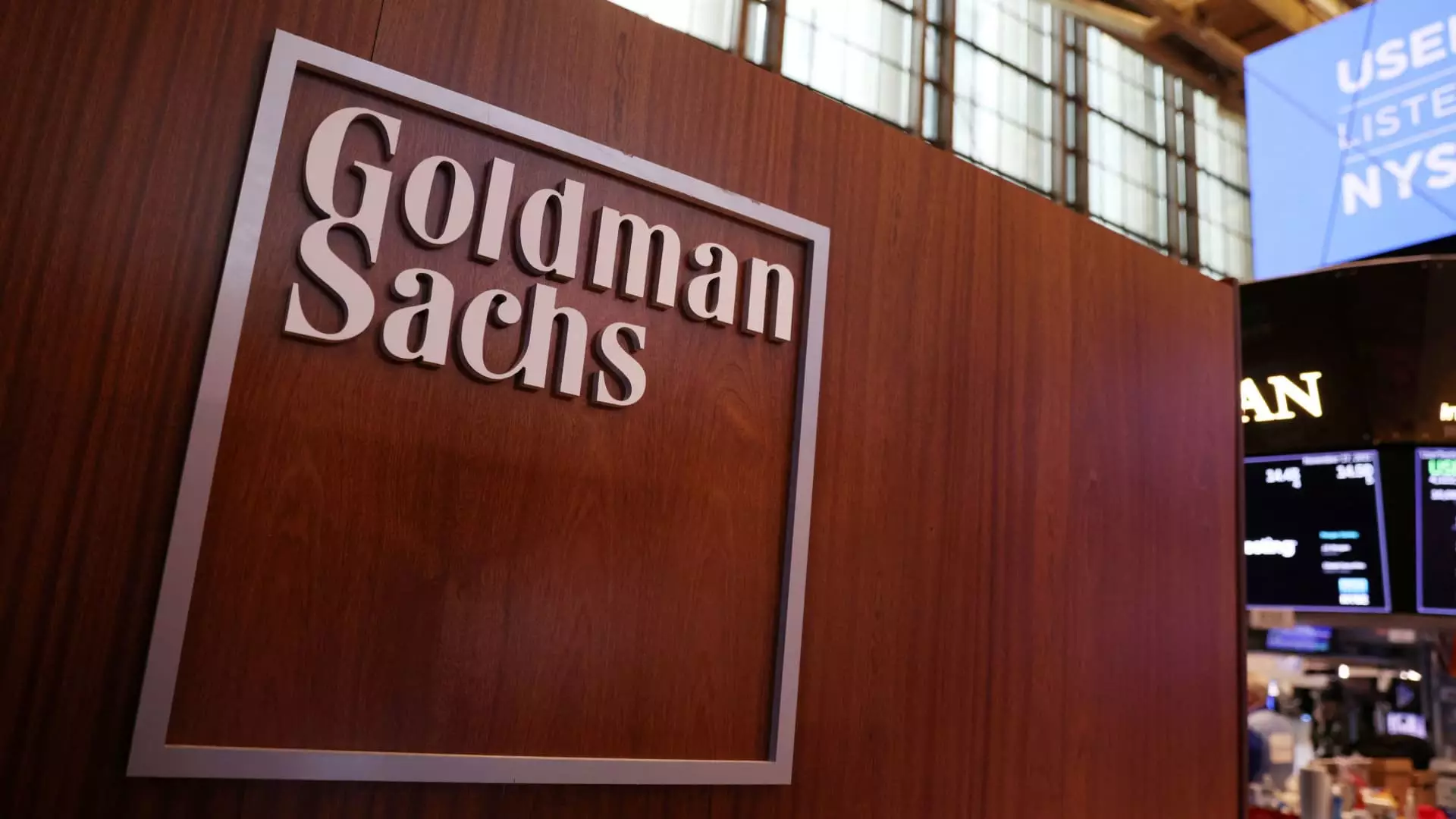In recent years, the narrative of technological innovation has been increasingly dominated by the promise of efficiency and unprecedented productivity. Major corporations, from Wall Street giants to Silicon Valley kings, herald AI as the ultimate tool capable of transforming not just workflows, but the very fabric of employment. The latest buzz, exemplified by Goldman Sachs’ integration of a software engineer named Devin—an AI-powered entity—embodies this dangerous myth that machines can seamlessly replace human ingenuity. While such developments are spun as signs of progress, they mask a deeper, more unsettling truth: the hollowing out of human labor and the erosion of meaningful work.
The idea that AI can become a “co-worker” or even surpass human engineers in complexity is both seductive and perilous. It espouses an image of seamless cooperation but conveniently sidesteps the reality that these systems lack consciousness, emotional intelligence, and moral judgment. The gleaming vision of human-AI synergy invites us to ignore the intrinsic value of human effort, creativity, and the dignity that comes from meaningful work. It’s an alluring illusion—one that conceals the odds of widespread job displacement and the commodification of human skills into bits of code.
The Fantasy of Optimal Productivity
Promoters of AI’s rapid integration preach about productivity gains—those to the tune of three or even four times what humans can achieve. Goldman Sachs touts Devin as a revolutionary tool capable of executing complex tasks previously reserved for seasoned engineers, promising efficiency with a veneer of optimism. However, this narrative borders on the utopian at best and the dystopian at worst. It’s dangerously naive to assume that accelerating automation necessarily translates into societal benefits when such gains come at the expense of human dignity and economic security.
This relentless push for automation under the guise of technological advancement reflects a troubling disregard for the human side of workplaces. Behind the shiny veneer of efficiency are real people—engineers, support staff, analysts—whose roles become redundant or devalued. The false narrative of AI as a tool that simply augments human productivity glosses over the societal toll: unemployment, wage stagnation, and the rise of inequality. While executives may frame this as a “hybrid workforce,” it is, in essence, a thinly veiled strategy to consolidate power and profits by minimizing labor costs.
The Elusive Promise of Innovation and the Reality of Risk
Big tech companies like Microsoft, Alphabet, and Salesforce trumpet AI’s increasing role in code development, claiming it as a sign of innovation. Yet, such claims gloss over the darker aspects of technological encroachment. The reliance on AI for critical functions introduces a host of risks—security vulnerabilities, ethical dilemmas, and systemic dependency on opaque algorithms. The myth that AI systems can be perfectly supervised or controlled is dangerous; history shows that complex automated systems often behave unpredictably, with consequences that can ripple through economies and societies.
Furthermore, the hype surrounding AI’s potential to revolutionize workplaces feeds into a broader narrative that devalues the irreplaceable qualities of human judgment and moral reasoning. It fosters a mindset that views human workers as obsolete relics rather than vital contributors. This attitude accelerates the cycle of layoffs and dehumanization that impoverishes communities and destabilizes social cohesion. The so-called benefits of AI, while enticing on paper, risk becoming tools of exploitation rather than true catalysts of progress.
The Ethical Quandary and the Future of Work
Should we buy into the illusion that AI will merely assist and not replace humans? Frankly, this naïveté ignores the historical patterns of technological upheaval. Every major wave of automation has led to upheaval, dislocation, and hardship for workers. If we blindly embrace AI as an de-facto solution, we abdicate responsibility for the societal costs of such progress.
As the central wing of liberalism—centered on balancing innovation with social responsibility—our position must be clear: technology should serve humanity, not diminish it. The push for AI-driven workforces must be tempered with safeguards, robust regulation, and a firm commitment to preserving meaningful employment. We need policies that prioritize retraining, ensure equitable distribution of benefits, and recognize the fundamental worth of human labor. To do otherwise is to accept a future where human dignity is sacrificed on the altar of corporate greed.
The rise of AI as an autonomous worker embodies a seductive but ultimately perilous pursuit of unchecked efficiency. It promises technological progress but threatens the social fabric that sustains human dignity and economic stability. Responsible innovation demands nuance, caution, and a commitment to safeguarding the intrinsic value of human work. Otherwise, we risk building a future not of shared prosperity but of growing inequality and disillusionment, driven by the illusion that machines can replace the rich complexity of human life.

